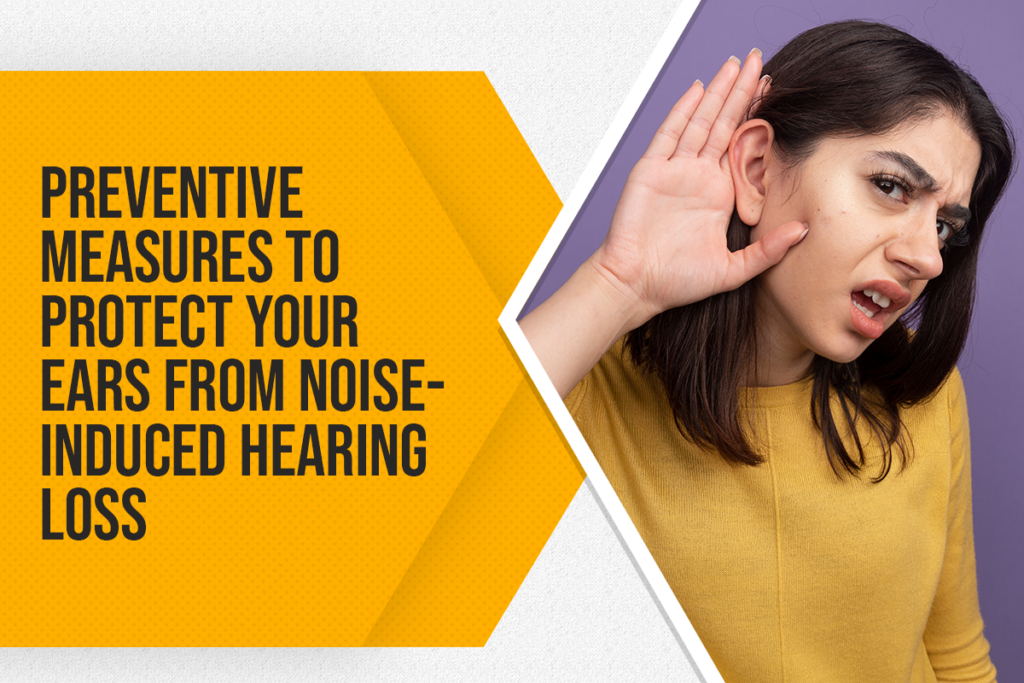Noise-induced hearing loss (NIHL) is a significant and growing concern in today’s world, where we are constantly surrounded by loud sounds from various sources. Whether it’s the bustling city streets, loud music at concerts, or even everyday household appliances, prolonged exposure to high noise levels can damage our hearing. Thankfully, there are practical precautions you may take to shield your hearing against NIHL. In this blog, we will explore practical and easy-to-implement strategies to safeguard your hearing health.
Understanding Noise-Induced Hearing Loss
Hearing loss caused by loud noises may result from harm to the delicate hair cells of the inner ear. These hair cells do not regenerate, meaning the hearing loss is permanent. The longer exposure times and higher noise levels both raise the risk of non-industrial hearing loss (NIHL). Common origins of noise pollution include:
- Live events and concerts
- Power tools and machinery
- Loud music through headphones
- Traffic and urban noise
- Fireworks and explosions
Dr. Sudarshen Aahire is a young, talented, and vibrant ENT and Pediatric doctor in Nashik with 12 years of experience. Apart from routine ENT care and surgeries he specializes in the management of Snoring and obstructive sleep apnea surgeries, Endoscopic skull base surgeries, voice-related disorders, and voice surgeries, airway and swallowing disorders.

